JD Stokely: One of our points of connection is that we're both in school right now, and we're thinking about how to engage our own practices with this academic world that we're finding ourselves in. So I'd be curious if you wanted to share more about what you're up to in school.
Javiera Benavente: I decided to engage in this master's program called leadership for sustainability out of the University of Vermont. It's a two-year program that’s practitioner-driven. It's interdisciplinary and developed by a group of people who wanted to create a space for people doing organizing work in the service and the spirit of liberation. It’s really thinking about leadership in a non-dominant way, thinking about “what kind of leadership we need in the world right now to help us create the conditions for all of life to thrive.” That feels like this very powerful mantra. I was really drawn to it because it was speaking a language that wasn't a traditional academic language. It's not an MFA program, but it definitely centers creative practice and creative knowledge—or creative ways of knowing—which speaks to me as an artist. My artistic development and practice informs everything I do in the world beyond art. The other thing about the program that really drew me is that it centers Indigenous ways of knowing and our relationship to nature and to land. I'm doing a lot of learning that also involves being with not knowing, which feels also really important.
Stokely: In some ways, what I'm doing feels like such an opposite experience because I'm in a PhD program at Brown University. There, you are expected to constantly perform a kind of knowing and a kind of expertise, which often I feel really uncomfortable with. Right now, I say that I study black queer performance. But I'd say I actually look at Black queer embodiment, and I've been really drawn to ritual performance. Performances that think about spirit. I think a lot about impossibility and the imaginaries of repair. One of the things that I'm really trying to move towards in my studies is thinking about how to bring my creative practice into the scholarly work that I'm doing. My partner, Jules Pashall, is a somatics practitioner, and one of the things that they love to say when they're trying to help people ground themselves and be in their bodies is "if you can't help but be stuck in your head and your thinking, congratulations. You're doing it. You're being in your body." Thinking is an embodied practice. So I'm trying to tap into that in this new role as a scholar in my life and think about what does it mean to write and to read and to write in a more embodied way.
So, I work with my collective, Unbound Bodies Collective (UBB), which is based in Boston. We're a group of queer and trans, Black, Indigenous people of color working to create, these public space interventions that usually exist through public art installations. We invite community to help us activate those works through some form of embodiment, some form of performance. The rest of the collective just did a piece downtown that literally invited people to sit down and rest and be in a restful place. The work, through its activation with community, often is working towards some sort of communal collective healing or liberation or connection to pleasure and joy.
It’s been really powerful work that we're realizing is altar work, so we've been naming them as living altars. The last iteration of that has been this project called Roots and Futures, which is thinking about how we support our community while they're still here. How do we give them their roses while they're still with us, and with a focus on Black queer elders and Black trans contemporary artists/activists? It’s been a beautiful and humbling project—one with conversation with community, a lot of building and dreaming, collaboration with other artists, and finding ways of safely activating this work in a pandemic, which has been really intense. That has led us as a collective to realize that this year needs to be a rest year for us. We put out so much work for community to rest and dream, and now we're like, "Okay, it's time for us to take care of ourselves."
I am in a process of unlearning what has been passed on to me through the process of colonization and remembering what has been lost.
Javiera: That question of how we practice what we're putting out in the world… you're making a piece and creating the space for members of your community to come and rest and then thinking about the importance of doing that yourself.
Stokely: You mentioned how one of the things that you're working on in school are these Indigenous ways of learning and of knowing. Could you talk more about what that looks like for you?
Javiera: I'm still very much in the early days of learning about this and being in this practice. I want to begin by naming two of my teachers: Kaylynn Sullivan TwoTrees and Sayra Pinto. Both of them are really important members of this program and have had a big impact on my learning journey. In many ways, this feels like a remembrance practice for me as a mestiza Latina/Chilena with both Indigenous and European ancestry, though I feel like my European ancestry is the ancestry that's been the most visible in my lineage because of colonization. I am in a process of unlearning what has been passed on to me through the process of colonization and remembering what has been lost. So, that feels like an important part of my personal journey in this process.
Some of this is really about a practice of listening to, not just other people and myself, but also more-than-human beings in the world. It is about our relationship to the land and remembering that we are part of a deep interconnected web of living beings all around us. If we're able to slow down and de-center ourselves enough to listen to that web, new ways of knowing might be available to us—new information about how to be in the world and what's required of us in this moment. It's definitely not the default of the culture and society we live in. I feel like there's so much that is pulling us away from that all the time. It has to be a constant, regular practice. I love this idea of thinking as an embodied practice, remembering our bodies, and remembering that that is also part of this living system that is nature. Also, paying attention to our bodies as part of that, whether it's that call to rest or notice the ways we're holding stress or strain or pain or joy or love.
I've been learning from Indigenous worldviews that the trees are our relatives. The water is our relative. The sky is our relative. The deer are relatives of ours. So what happens when we remember that we are in relation to...You are my relative, right? We are in relation, so it's an invitation to show up with a different kind of care. It's an invitation to remember care, both the way we are being cared for by these relatives and the way we must care for them. So, that is some of what I've been thinking about and learning and working on remembering.
Stokely: I'm thinking about what you're saying around care, this invitation to be in relationship with care in a different way. I think that is at the heart of what we've been trying to do as a collective and what I think about my scholarship and my work being. This past fall, UBB participated in the In Public Festival, which is run by a group called Design Studio for Social Intervention (DS4SI), and they're thinking a lot about what it means to be in connection in public and what we are tending to.
This is our second time being asked to activate these downtown crossing steps that lead to nowhere. There is this big public space that in theory is supposed to engage people to just sit and be downtown in a different way, and as a Black person who grew up in Boston, I know the ways in which the city has not felt welcomed or not felt inviting. Even though there's inferred invitation for a type of care, I haven't felt like the invitation was for me. This semester, someone shared a lithograph of these two Black men who were enslaved named Anthony Burns and Thomas Sims, who were fugitives. They escaped slavery in the South and came to Boston, and then they were tried because of the Fugitive Slave Act and forced back into slavery. There's this image of them being paraded by these soldiers amidst the crowd. I realized after looking at the image a lot that it was so striking that the courthouse was literally a two-minute walk from the place where we'd been doing these activations.
So, while it's not an exact connection to being in relationship with nature, I've just felt how the work we've been doing in that space really has resonances. It's within the lineage of these men who were activists fleeing enslavement to make a point and fighting for freedom of movement. The work we were doing is for that same fight of freedom of movement, of rest, of joy—just steps away from where they were. It’s a kind of care for them as ancestors, for ourselves as future ancestors, for our community and as Black people, too, because most of our work has focused on the Boston Black community. That liberation only makes all of us liberated, right?
Javiera: I think that the work that you're doing now really is also like an act of care for these ancestors. I think when you say, "Well, what's that relationship to nature?" that maybe one relationship is about a kind of listening. How do we listen? Because their stories are in the land. They're in the air and maybe in the buildings. In that space, that location, you're listening. It's like a deep listening across space and time for something that's almost in the wind. I don't know if that's too poetic, but I just feel like it's that kind of listening that is beyond what's on the written page. I mean, you saw the image. So, that's a way into that memory, and then there's a listening for the stories or the feeling. There's something about all of this kind of listening that has to do with being open to what comes through us and through the work we're doing.
Stokely: Are there any connections that you feel between commoning and this act of listening that you're talking about?

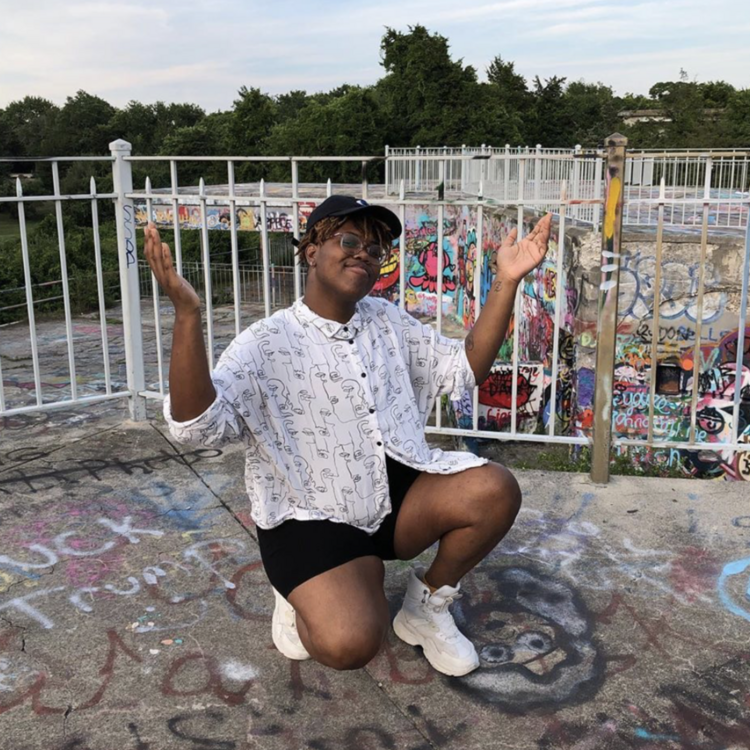
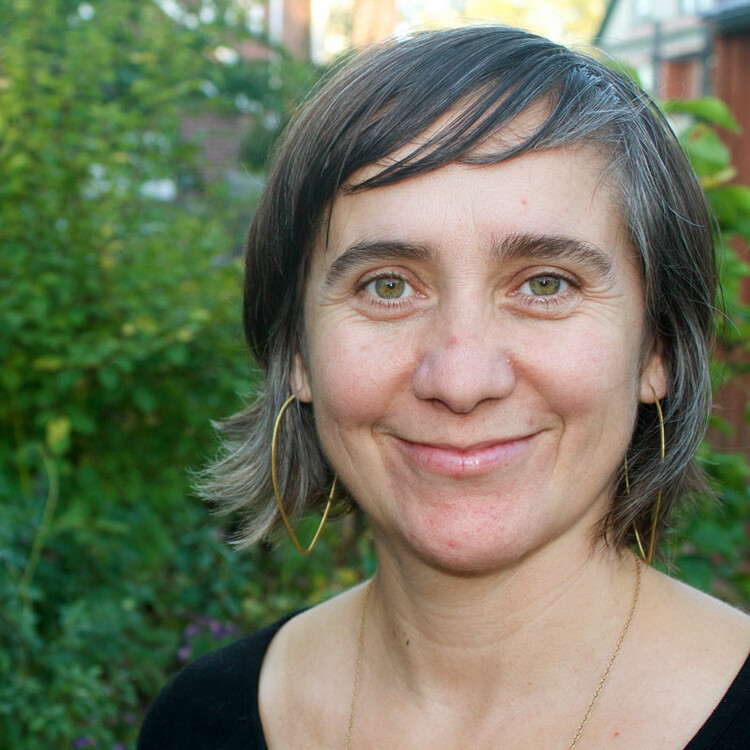
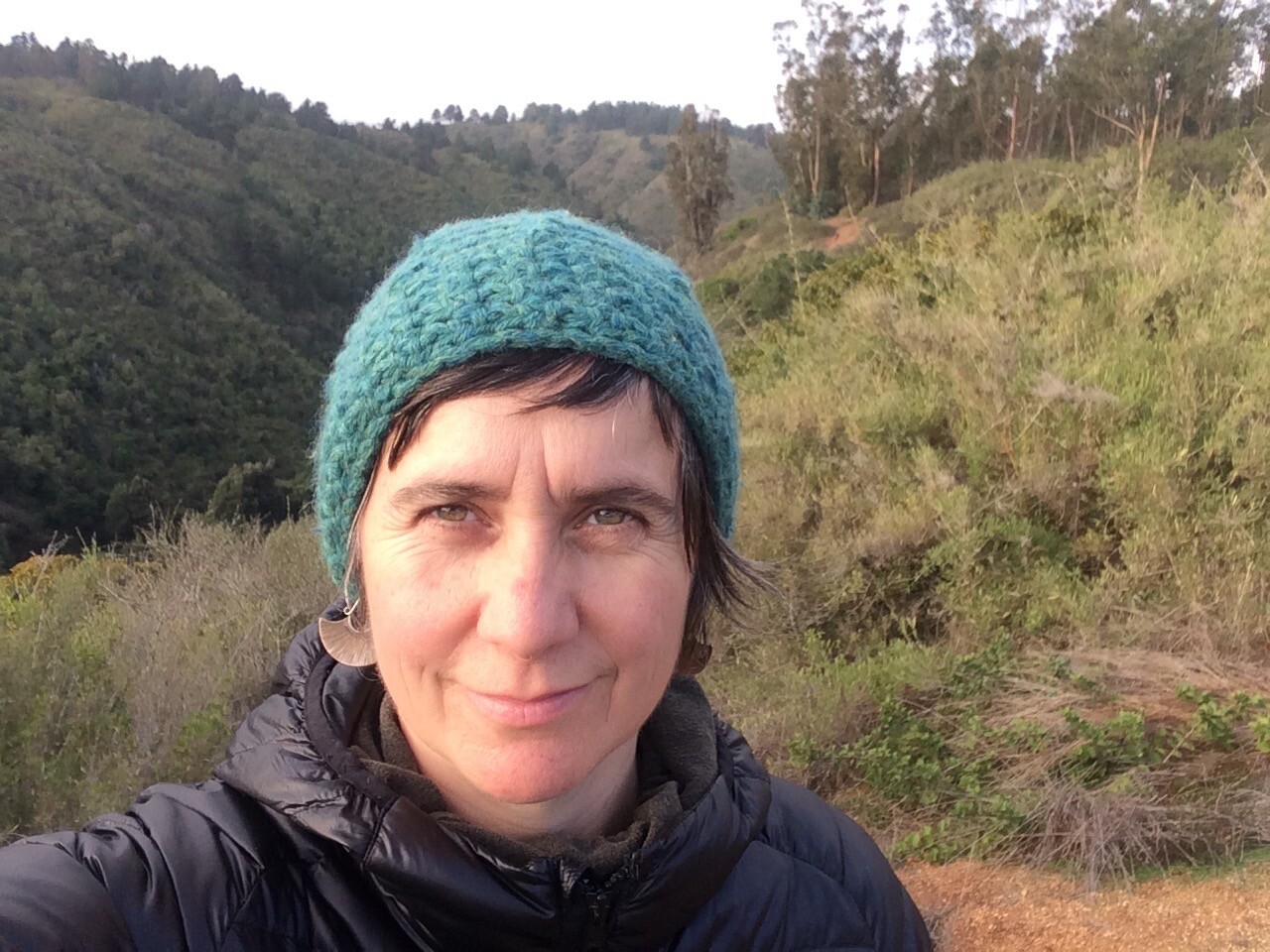
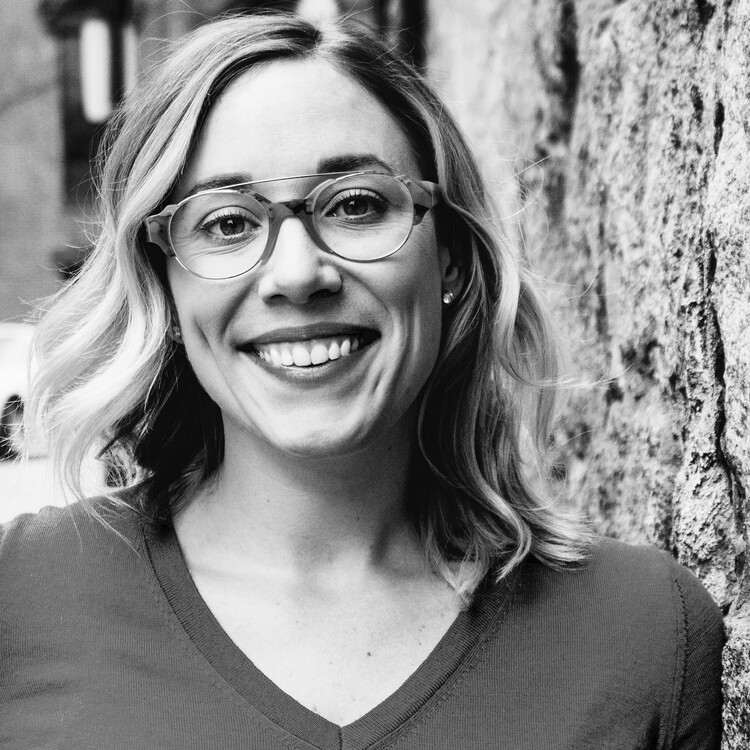
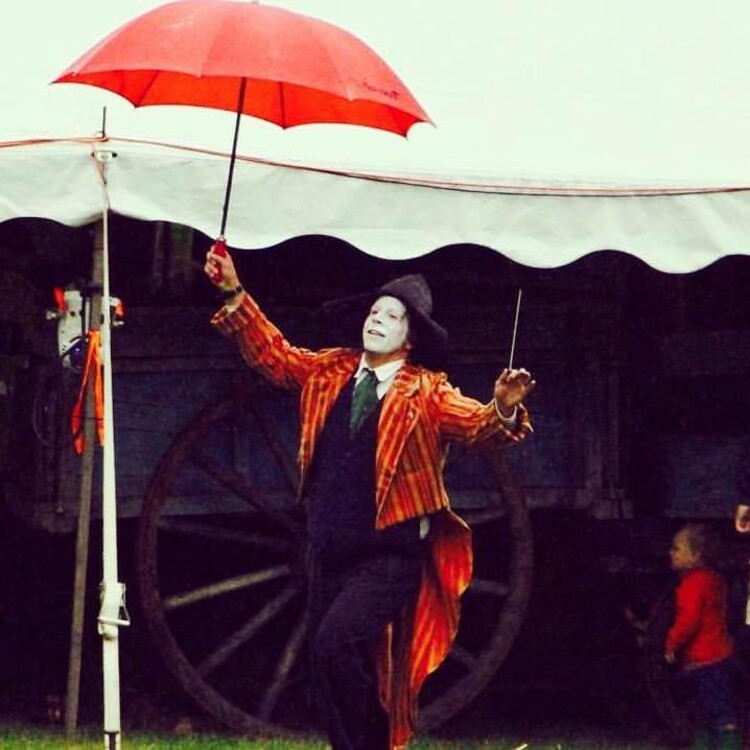
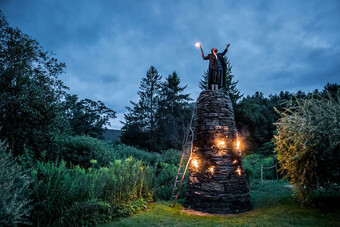


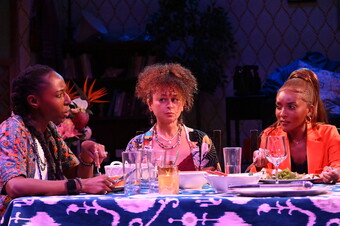


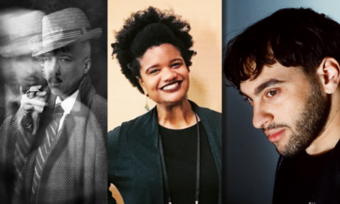



Comments
The article is just the start of the conversation—we want to know what you think about this subject, too! HowlRound is a space for knowledge-sharing, and we welcome spirited, thoughtful, and on-topic dialogue. Find our full comments policy here